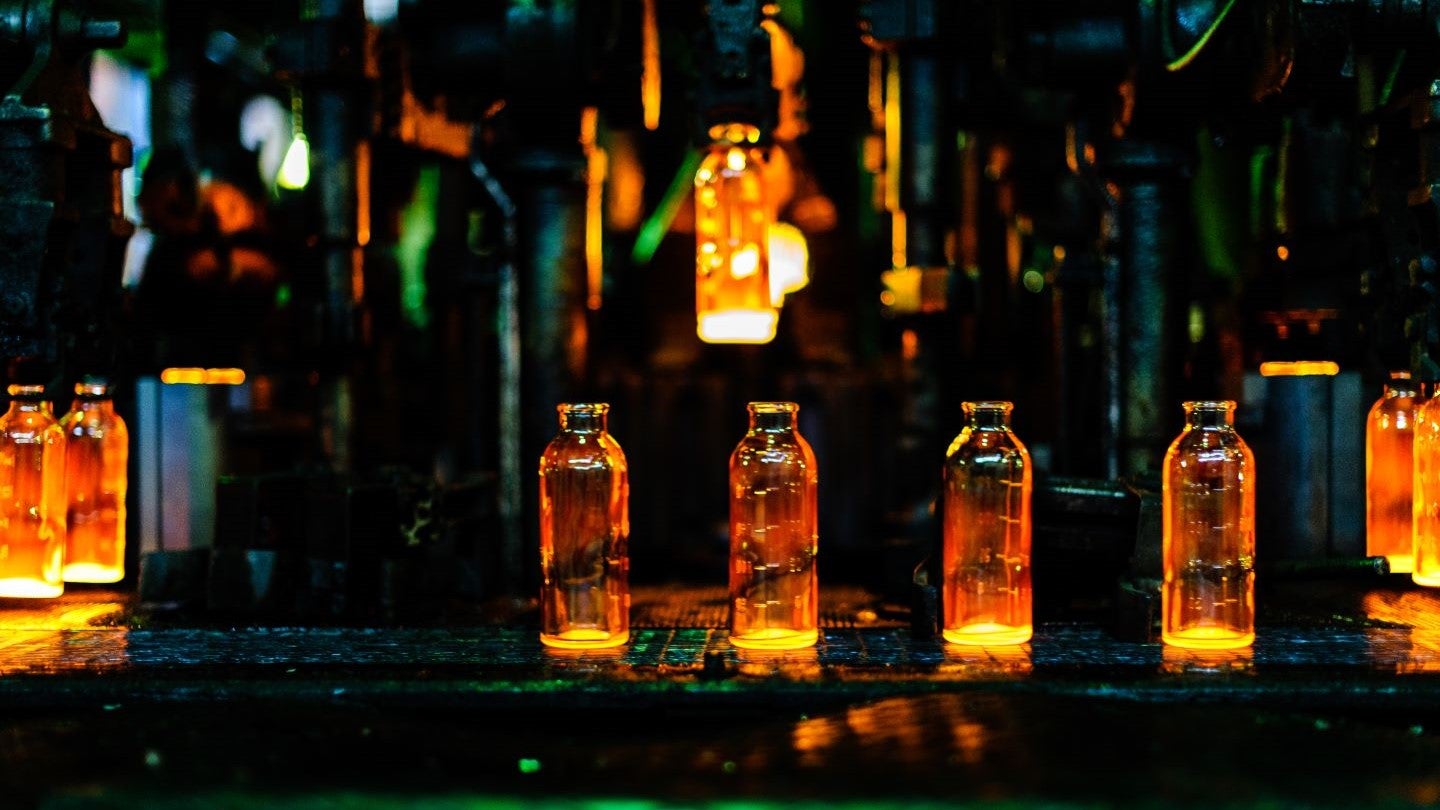Toyo Glass Innovates with Hydrogen for Sustainable Glass Production
Key Ideas
- Toyo Glass is selected by NEDO for a hydrogen utilization project focused on developing glass-melting furnaces with on-site hydrogen production, marking their second NEDO project related to hydrogen.
- The project addresses decarbonizing glass production by transitioning from fossil fuels to hydrogen, with Toyo proposing an on-site hydrogen production facility using water electrolysis for reliable supply.
- Benefits of on-site hydrogen production include eliminating reliance on external suppliers, reducing safety risks, using readily available water and electricity sources, and potentially enabling self-sufficient hydrogen energy systems with renewable energy.
- Toyo's commitment to minimizing environmental impact and maintaining high-quality glass bottle production showcases a significant step towards sustainability in the glass manufacturing industry.
Toyo Glass, a Japanese glass bottle manufacturer, has been selected by NEDO for its 2024 Regional Hydrogen Utilization Technology Development project. The company's focus in this project is on developing a glass-melting furnace equipped with an on-site hydrogen production facility. This initiative marks Toyo's second NEDO project related to hydrogen utilization, following their 2023 research on oxygen-hydrogen combustion for glass production. The project aims to address the challenge of decarbonizing glass production, transitioning from fossil fuel reliance to hydrogen as a cleaner alternative. Toyo's solution involves establishing an on-site hydrogen production facility using water electrolysis to generate hydrogen on demand, eliminating the need for large storage tanks and simplifying implementation of hydrogen in the glass furnaces.
By integrating this technology, Toyo aims to minimize their environmental impact while maintaining the production of high-quality glass bottles. The on-site hydrogen production offers various benefits such as reducing reliance on external suppliers, mitigating safety risks associated with high-pressure hydrogen storage, utilizing easily available water and electricity sources, and the potential for self-sufficient hydrogen energy systems with renewable energy sources. The project will commence with a small-scale model of the facility with the ultimate goal of integrating the technology into full-scale glass-melting furnaces, showcasing a significant step towards sustainable glass manufacturing.
